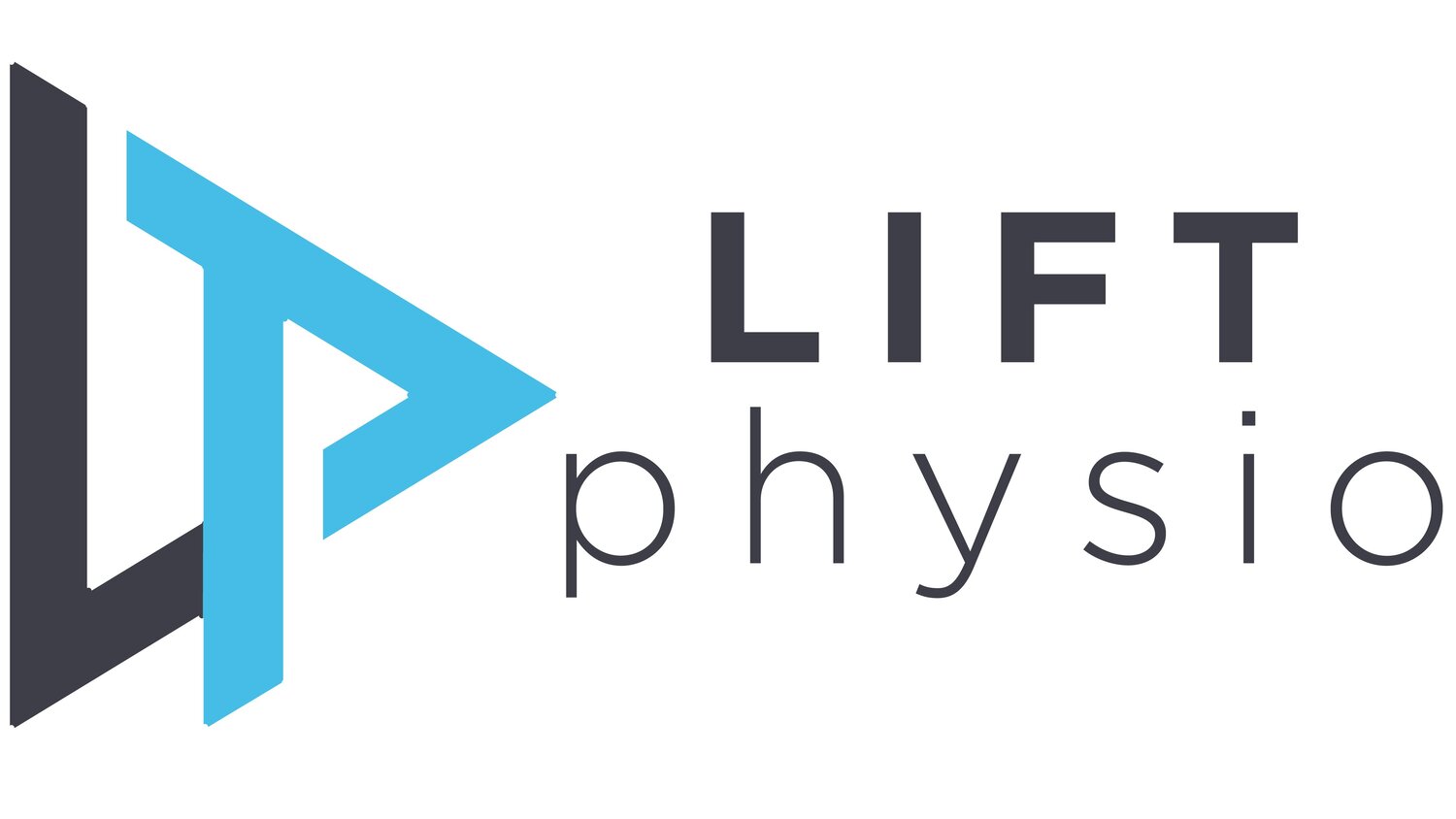Running Injuries.
Our Physiotherapists are experienced and passionate about treating running related injuries
In fact our Physios have also competed in long distance running events such as the UTA100 (a 100 kilometre ultra marathon in the blue mountains). So we feel your pain - literally!
Some of the common running related injuries we treat include:
Plantar Fasciitis
Runners knee
ITB Friction Syndrome
Patellofemoral pain
Shin splints
Achilles tendinopathy
Hamstring tendinopathy
Gluteal tendinopathy
Peroneal tendinopathy
VIDEO: What Causes Shin Splints And How To Get Rid Of Them
Get Your Free Return To Running Program.
Our Return To Running Program has been created to assist end-stage recovery for lower limb injuries such as hamstring strains for athletes who are looking to return to field sports such as soccer or rugby.
Download your free copy below.
What can Lift Physio do to help?
When you first come and see us at Lift Physio, there’s a few things we’ll do.
We’ll ask you a few questions because we want to fully understand your problem and what your goals are - what would you like to get back to that you can't do right now because of your running injury, for example.
We also want to get you feeling and moving better as quickly as possible. Some of the tools that we use to do this include:
Manual therapy
Taping or bracing
Soft tissue massage
Dry needling
Gentle “therapeutic” exercises (maybe some gentle stretches, roller/massage ball exercises)
Strengthening exercises
And advice regarding your current exercise volume - wherever possible, we want to make sure that you can keep running as much as you can whilst recovering from your injury (this might just require a few modifications to your training).
We’ll also develop a treatment plan with you so that you can know exactly what to expect from us, your expected recovery timeframes, and what we’ll need to do to help you get back to 110%
Then once you start feeling and moving better, we’ll have a chance to get to the bottom of your running injury and really understand its main cause. Where appropriate, we like to do this through one of our “Super Assessments”.
Our Super Assessments are a one-hour dedicated assessment where we go deep to understand the true cause of your problem - assessing everything from your muscle strength and power (particularly your quads, calves, hamstrings, glutes and core), mobility and flexibility and motor control (this might include calf, hamstring and hip flexibility, or the muscular control around your hips and pelvis), as well as any other factors that may be relevant for you. (We use some pretty cool, high-tech equipment to help us do this, too).
We also like to look at how you run with a biomechanical analysis of your running technique, which can often expose those underlying problems that need to be addressed.
Once we’ve looked through the data, we can then come up with a tailored exercise program just for you, to address those underlying problems that we have found - because we want this problem gone for good.

